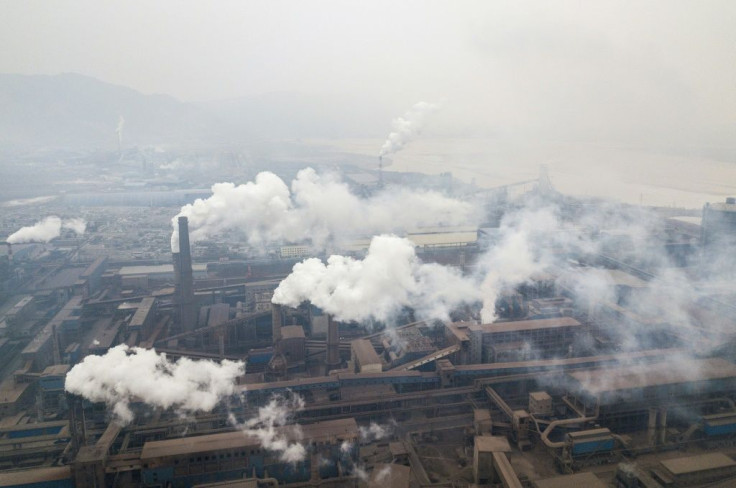Net Zero: Climate-saving Target Or Delay Tactic?

With the European Union set to decide whether to adopt a plan to green their economies and achieve net-zero emissions by 2050, how does carbon neutrality relate to the climate crisis?
Nations are gathered this week in Madrid at a UN climate summit designed to finalise the rulebook for the landmark 2015 Paris accord.
Paris aims to cap warming at two degrees Celsius (3.6 Farenheit) and requires nations to submit individually defined plans to slash the greenhouse gas emissions that are driving the mercury up.
It also strives for a safer cap of 1.5C of warming which experts believe can stave off the worst social, economic and environmental effects of a hothouse Earth.
According to the Intergovernmental Panel for Climate Change (IPCC), most nations need to be carbon neutral -- that is, either reduce emissions to zero or offset those that remain through ecological or technological solutions -- by mid-century in order to stay below the 1.5C cap.
Britain and France, both large historic emitters, have passed laws to reach climate neutrality by 2050, as have Sweden and New Zealand.
A handful of other nations have laid out concrete net-zero timelines.
Richard Black, director of the Energy and Climate Intelligence Unit, which tracks where nations are on net-zero pledges, said the target was "probably the best single indicator of whether a nation is serious about delivering what it promised" in the Paris deal.
The EU, which negotiates in a single bloc at COP summits, failed in June to agree to the 2050 goal, with some member states saying more discussion was needed.
Yvon Slingenberg, director of the European Commission's international policymaking division, told AFP then that she was confident that all EU states would back the 2050 goal by the end of the year.
"If Europe doesn't take the lead in the transition to climate neutrality then who can we realistically expect to really deliver climate neutrality in the world?"
It remains to be seen whether the bloc will insist that all members hit net zero by mid-century, or whether an agreement can be struck whereby some nations offset the outlying emissions of others.
But the real emissions cuts will come from industry. Construction, transport, energy and agriculture all need sharp emissions reductions -- though national net-zero plans have so far fleshed out little in this regard.
The additional question of carbon-heavy aviation and maritime transport, which is by nature international, has yet to be successfully addressed.
It is also far from clear how EU states plan to drag down emissions -- and whether the use of large offsetting schemes will be counted as their climate contributions.
"Some people will define carbon neutrality or net zero on the base of carbon dioxide emissions," Black said.
He said that other action that does not result in emissions cuts -- including reforestation -- "simply covers up a lack of action around the main sources of pollution."
The IPCC's climate report in 2018 laid out several different scenarios -- or "pathways" -- that nations could take to reach net zero.
By far the safest route to 1.5C is an immediate, drastic drawdown in fossil fuel usage, with emissions peaking in a few years and nearly halved by 2030.
Other 1.5C pathways involve mass deployment of carbon capture and storage schemes, which would suck the excess CO2 from the atmosphere, eventually mitigating temperature rises.
Some experts fear that a 2050 goal, if not accompanied by interim emissions cuts targets, could see richer economies continue to burn fossil fuels for decades before turning to technology to drag emissions down.
Teresa Anderson, climate policy coordinator for ActionAid International, said the journey countries take in getting to net zero would be crucial.
"A 2050 climate target will be almost irrelevant if it doesn't drive action in the next few years," she told AFP.
"National targets really need ambitious milestones for 2025 and 2030, so that we can know for sure that we are on track and driving the urgent transformation today."
© Copyright AFP 2024. All rights reserved.





















